In the second half of last year, INDEC reported a poverty rate of 41.7 percent.
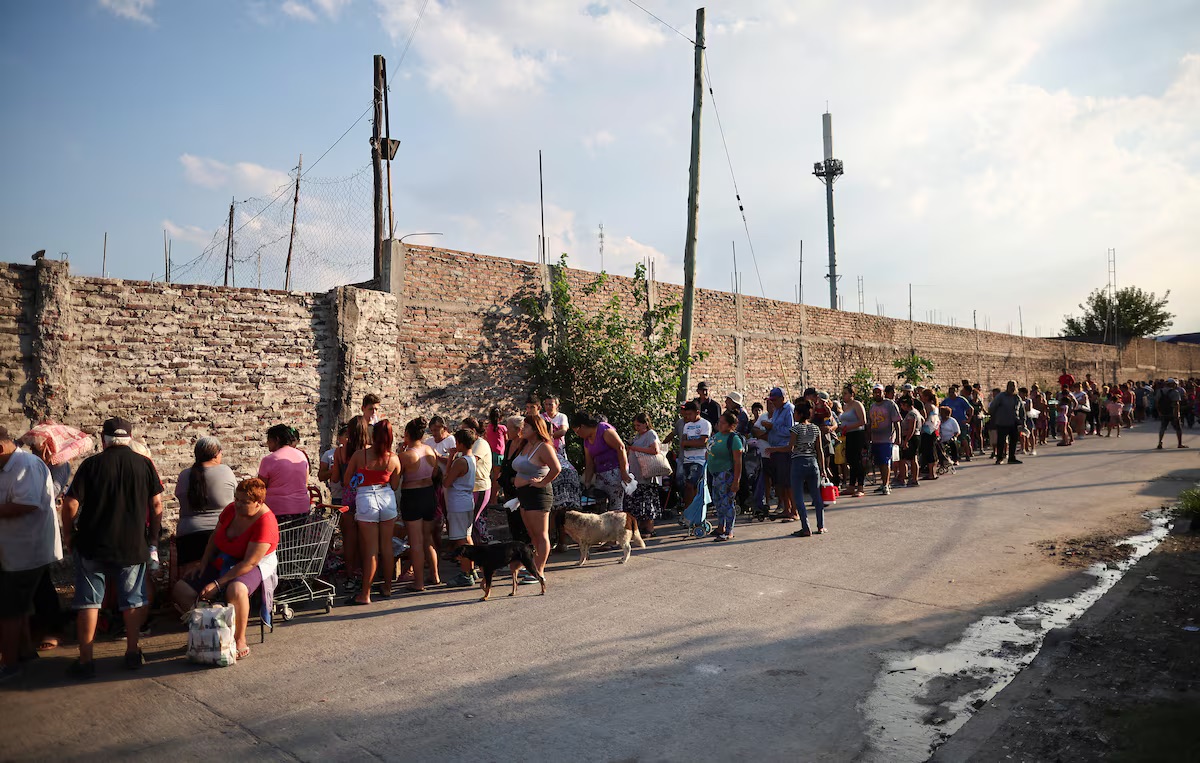
People line up to receive food donations on the outskirts of Buenos Aires, Argentina, February 27, 2024. Photo: REUTERS/Agustin Marcarian
Poverty rates in Argentina have risen sharply as the country grapples with record inflation, a deep economic crisis and political instability.
Poverty in Argentina is not just a result of high inflation, but also a result of a number of other, deeper problems. Uncontrolled monetary policy has led to a sharp devaluation of the peso, which has reduced people's purchasing power.
At the same time, rising public debt has made the country heavily dependent on loans from the International Monetary Fund (IMF), leading to a tightening of social security programs, putting more pressure on the vulnerable.
Some experts believe that rising unemployment is also a major cause of rising poverty. Many domestic businesses have been forced to scale down operations or close down due to rising production costs, which has left thousands of workers unemployed, pushing more people into poverty.
In addition, political instability, including political divisions and protests against economic policies, also created an unfavorable environment for economic improvement. The crisis of confidence between the people and the government has reduced the ability to implement the reforms needed to rebuild the economy.
In this context, some NGOs and international organizations have stepped in, providing emergency assistance to the poorest people, but these measures are only temporary. Experts say Argentina needs a long-term strategy, including measures to restructure the economy, control inflation, and promote sustainable employment, to reduce poverty in the coming time.
Hong Hanh (according to Reuters)
Source: https://www.congluan.vn/ty-le-ngheo-doi-o-argentina-tang-vot-len-gan-53-trong-nua-dau-nam-2024-post314135.html




![[Photo] Binh Trieu 1 Bridge has been completed, raised by 1.1m, and will open to traffic at the end of November.](https://vphoto.vietnam.vn/thumb/1200x675/vietnam/resource/IMAGE/2025/10/2/a6549e2a3b5848a1ba76a1ded6141fae)


































































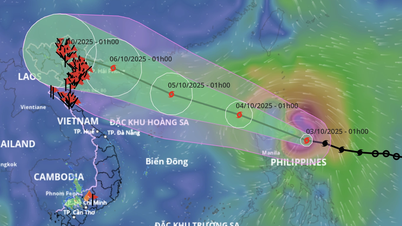
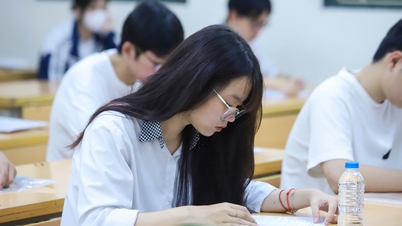









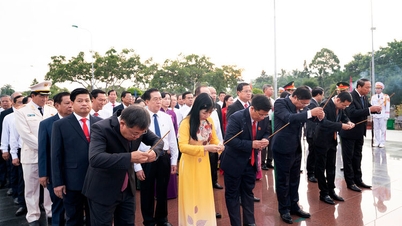

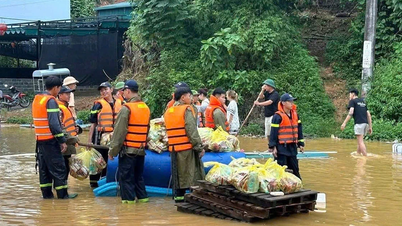





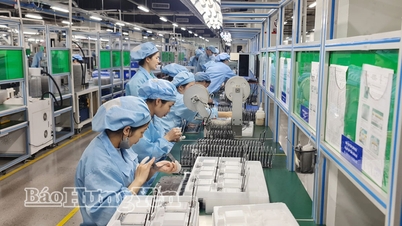














Comment (0)